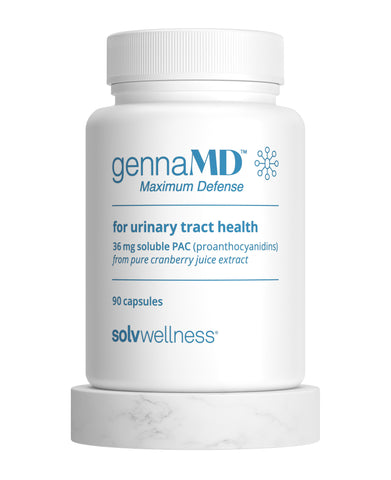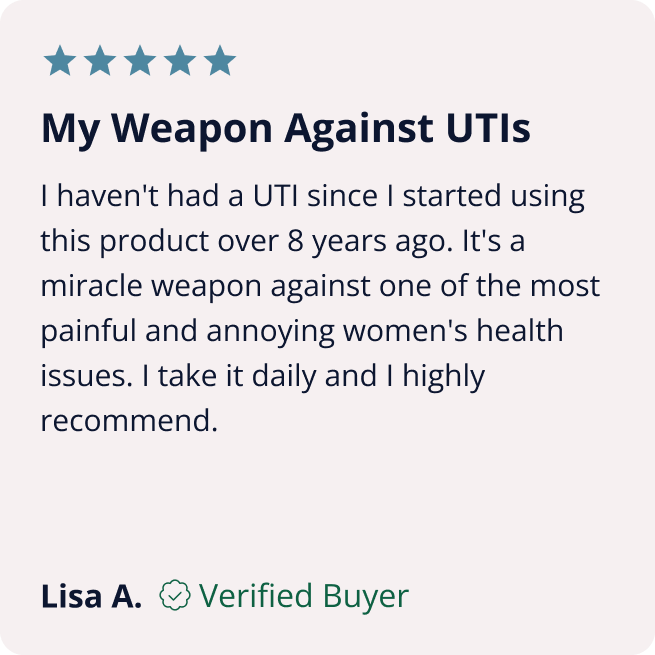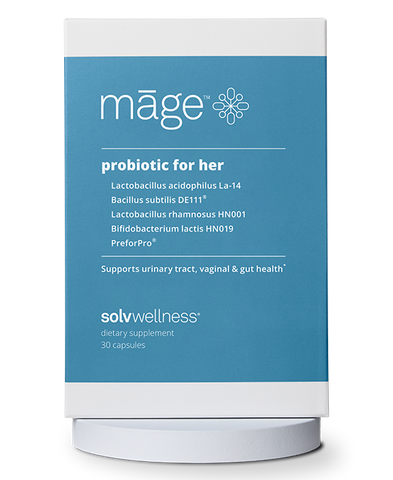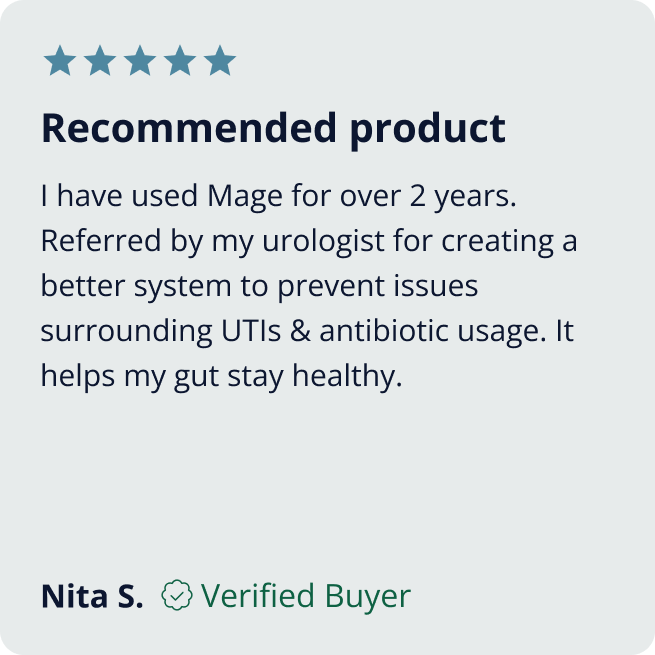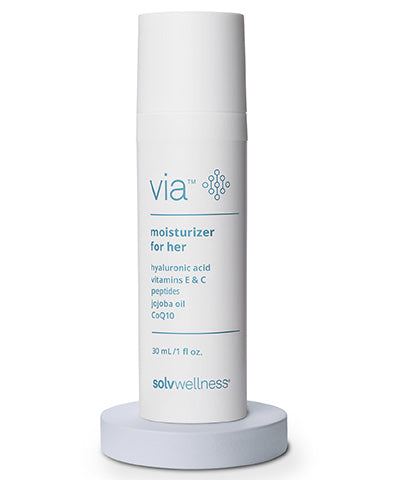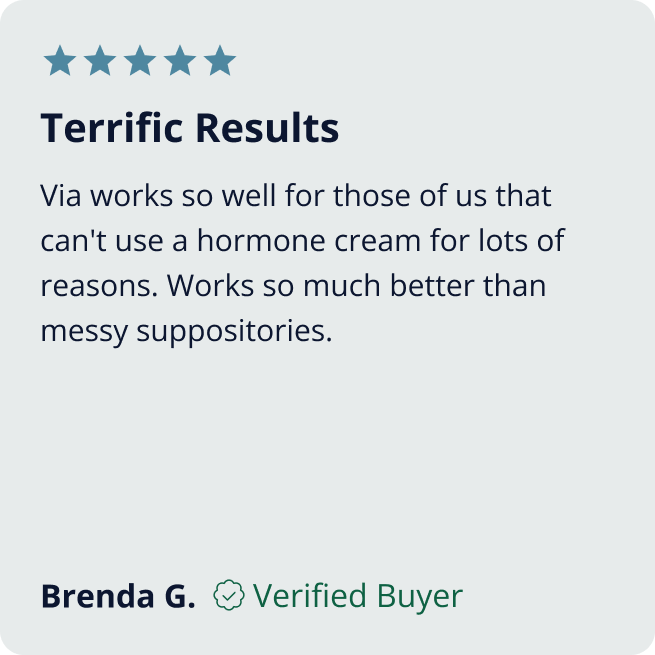This article summarizes points from Dr. Kelly Casperson’s video on hormonal and non-hormonal strategies for managing menopause, with a few additional aligned commentaries from Solv Wellness.
Menopause is a normal, natural phase of life. Most women reach it around the average age of 51. It marks the decline in ovarian hormone production—primarily estrogen, while progesterone and testosterone usually start dropping long before menopause actually begins.
Even though it’s natural, that doesn’t mean it’s easy. Many women experience significant symptoms. It’s more than just disruptive hot flashes and night sweats; it can cause changes in your sex life, mood, sleep, bone density, and neurological and cardiovascular health.
Menopause is complex and personal and deserves informed, individualized care. There are more options than ever to help you feel like yourself again, from hormonal prescriptions to over-the-counter solutions and lifestyle modifications. The key is finding what works for your body and your needs. Let’s break down some facts and misconceptions.
Hormonal therapy is the first-line treatment for vasomotor symptoms of menopause—think hot flashes, night sweats, and disrupted sleep.
Let’s clear this up: the big fear around hormones mostly stems from a study published in 2002. The media coverage at the time led many to believe that all hormone therapy significantly increased the risk of breast cancer and blood clots in most women. Millions of women at the time stopped treatment and doctors pulled back from prescribing. This has led to decades of women never being offered hormone therapy and thereby denied safe and effective care.
But here’s the truth:
- Those were older medications we don’t use anymore.
- The hormones we use now are bioidentical to what your ovaries used to make before menopause.
- For most women who start treatment between ages 50–60, hormone therapy can actually extend life by 2–3 years. No one talks about that enough!
You’ll hear these two terms a lot, so it’s important to know the difference:
This usually means pelvic treatment, like vaginal estrogen or vaginal DHEA.
- It treats only the area where it’s applied.
- It’s a very low dose and does not significantly enter the bloodstream.
- It's used for genitourinary symptoms of menopause (GSM), like vaginal dryness, irritation, UTIs, bladder leakage, or pain with intimacy.
Many people combine local hormone therapy with non-hormonal options like vaginal moisturizers or lubricants. Products like Via by Solv Wellness featuring high-quality and proven ingredients like hyaluronic acid work great alongside local vaginal hormone therapy.
This is full-body hormone therapy. It enters the bloodstream and helps with a variety of symptoms. Common ones include:
- Hot flashes
- Night sweats
- Sleep disturbances
Common forms include:
- Transdermal patches
- Oral pills
- Gels
- Creams
But here’s the big takeaway: you can be on both. In fact, many women are and the updated 2025 GSM guidelines fully support that.
So, if you need both, ask for it!
Even with all the medical options, daily lifestyle habits can have a big impact on how you feel during menopause. Two of the most important? Exercise and sleep.
Why Exercise Matters
Muscles are the organ of longevity. Exercise isn’t optional—it’s medicine. Regular movement, and strength training in particular, can:
- Improve menopause symptoms
- Build resilience
- Support brain health
- Boost your immune system
Prioritize Consistent Sleep
Sleep helps regulate mood, hormones, and overall function.
- Go to bed and wake up at the same time every day.
- Create routines that help your body relax before bed.
- And yes—be mindful of caffeine and alcohol!
We all have something we can tweak to get better rest, but it’s important to stick to a healthy routine as much as possible.
Menopause management is not one-size-fits-all. Every person is unique with different needs, health risks, and goals.
If possible, find a provider who specializes in menopause and have an open, honest conversation to create a personalized plan that considers your symptoms, preferences, and health history.
Whether that means hormonal or non-hormonal options, lifestyle changes, or a combination—there’s a path forward for you.




